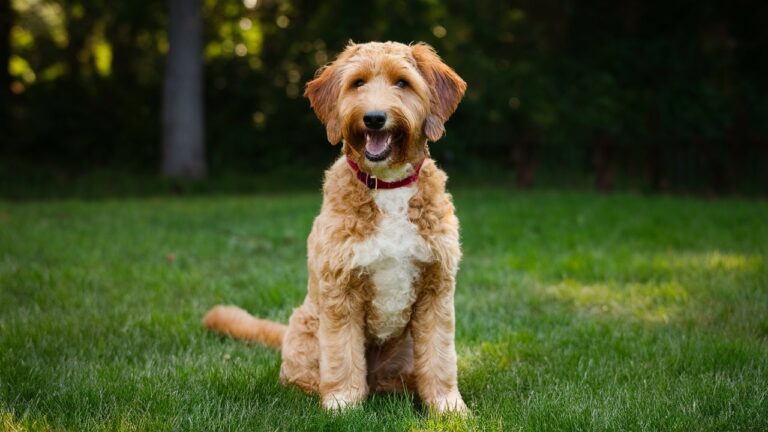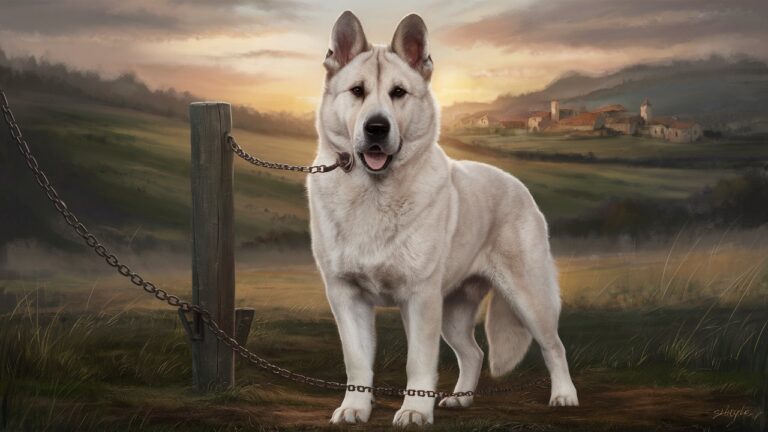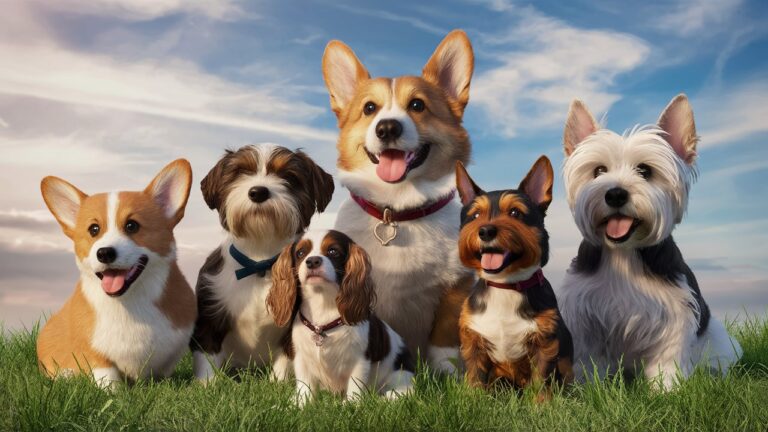Cane Corso 100% Training Tips: Raising a Confident and Loyal Protector
The Cane Corso, a majestic and powerful breed, is known for its loyalty, protective instincts, and intelligence. Originating from Italy, this ancient breed has served as a guard dog, hunter, and companion for centuries. Training a Cane Corso requires patience, consistency, and understanding of the breed’s unique characteristics. In this article, we will explore effective training tips to raise a confident and loyal protector, sharing personal anecdotes and expert advice to make the journey enjoyable and rewarding.
Understanding the Cane Corso
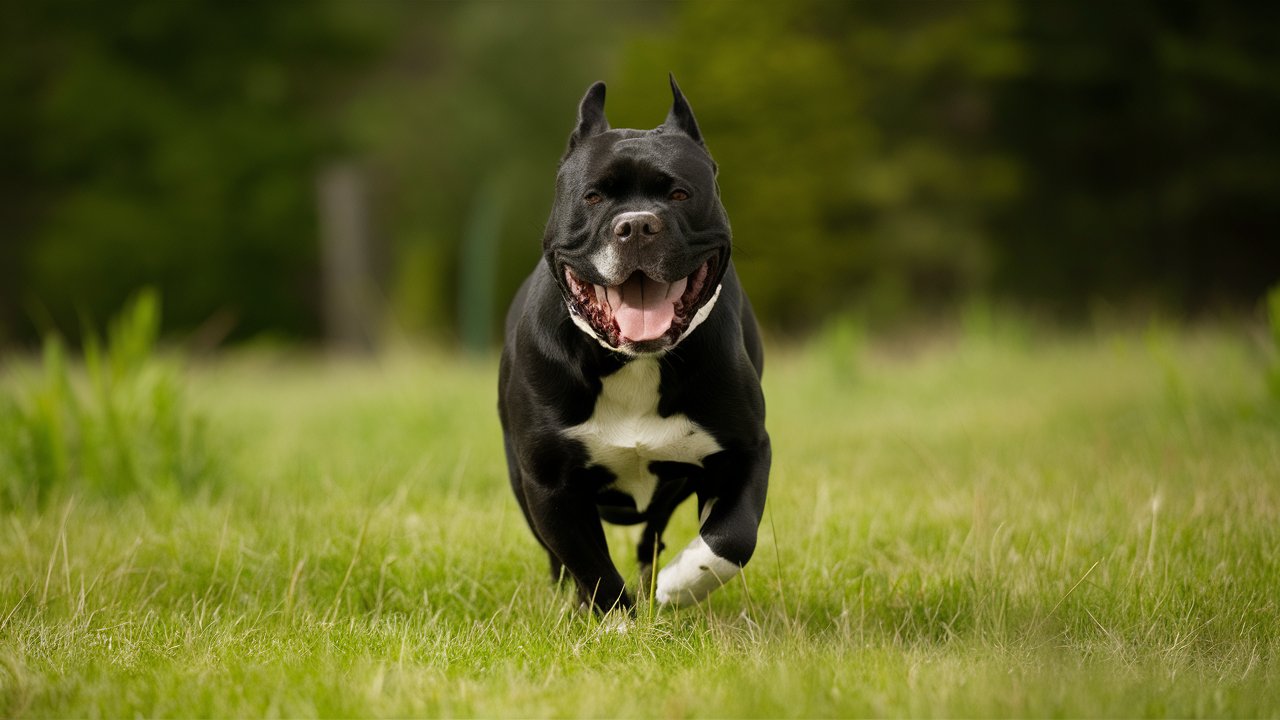
Before diving into training tips, it is essential to understand the Cane Corso’s temperament and needs. This breed is highly intelligent, confident, and naturally protective. They are known for their strong bond with their family and can be reserved or aloof with strangers. Early socialization and training are crucial to ensure they grow into well-mannered adults.
Early Socialization: The Foundation of a Well-Balanced Cane Corso
Socialization is the cornerstone of raising a well-adjusted Cane Corso. Exposing your puppy to various people, animals, environments, and experiences from a young age helps them develop into confident and adaptable adults.
Personal Anecdote: When I brought home my Cane Corso puppy, Max, I made it a point to introduce him to different people and places from day one. We visited parks, attended puppy classes, and met friends with well-behaved dogs. Max quickly learned to be comfortable and confident in various settings, which laid a solid foundation for his future training.
Tips for Effective Socialization:
- Start Early: Begin socializing your Cane Corso as early as 8 weeks old. The critical period for socialization is between 8 to 16 weeks.
- Positive Experiences: Ensure all interactions are positive and rewarding. Use treats, praise, and play to reinforce good behavior.
- Expose to Different Stimuli: Introduce your puppy to different sounds, sights, surfaces, and environments. This could include car rides, visits to the vet, and meeting new people.
- Puppy Classes: Enroll in puppy socialization classes where your Cane Corso can interact with other puppies in a controlled and supervised environment.
Basic Obedience Training: Building a Strong Foundation
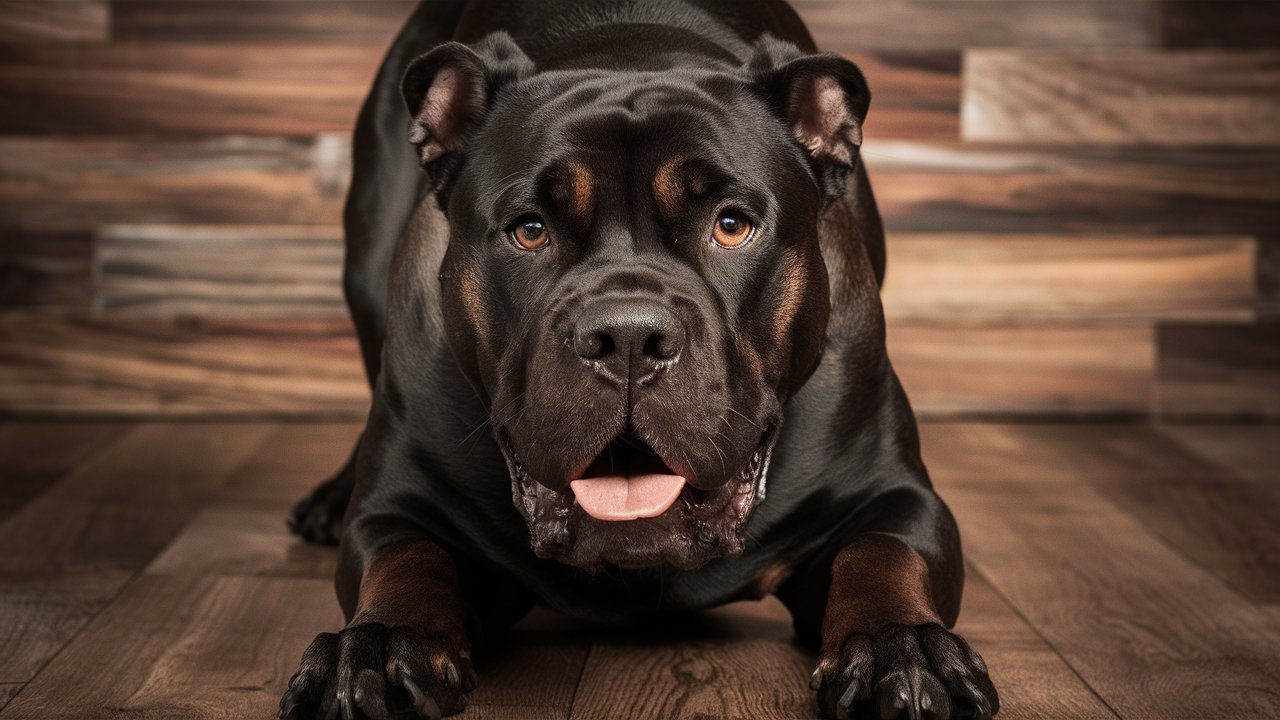
Basic obedience training is essential for any dog, but especially for a large and powerful breed like the Cane Corso. Teaching your dog fundamental commands such as sit, stay, come, and heel will establish you as the leader and create a strong bond based on mutual respect and trust.
Tips for Basic Obedience Training:
- Consistency: Be consistent with your commands and expectations. Use the same words and gestures for each command.
- Positive Reinforcement: Use positive reinforcement techniques such as treats, praise, and play to reward good behavior. Avoid harsh punishment or negative reinforcement, as it can damage your dog’s trust and confidence.
- Short Training Sessions: Keep training sessions short and engaging, around 10-15 minutes each. Cane Corsos have a relatively short attention span, especially when they are young.
- Patience: Be patient and understanding. Training takes time, and every dog learns at their own pace. Celebrate small victories and progress.
Advanced Training: Channeling the Cane Corso’s Intelligence and Drive
Once your Cane Corso has mastered basic obedience, you can move on to more advanced training to challenge their intelligence and keep them mentally stimulated. Advanced training can include tasks such as agility, tracking, and protection work.
Personal Anecdote: As Max grew older, I introduced him to agility training to keep him physically and mentally engaged. He quickly excelled in navigating obstacles, and the training sessions became a fun and rewarding activity for both of us. Not only did it strengthen our bond, but it also provided an outlet for his energy and intelligence.
Tips for Advanced Training:
- Agility Training: Set up an agility course in your backyard or join an agility class. This will help improve your dog’s coordination, speed, and focus.
- Tracking: Teach your Cane Corso to track scents and locate objects. This taps into their natural instincts and provides mental stimulation.
- Protection Training: If you are considering protection training, seek guidance from a professional trainer with experience in working with Cane Corsos. Protection training should be approached with caution and respect for the breed’s natural protective instincts.
Establishing Leadership: The Key to a Well-Behaved Cane Corso
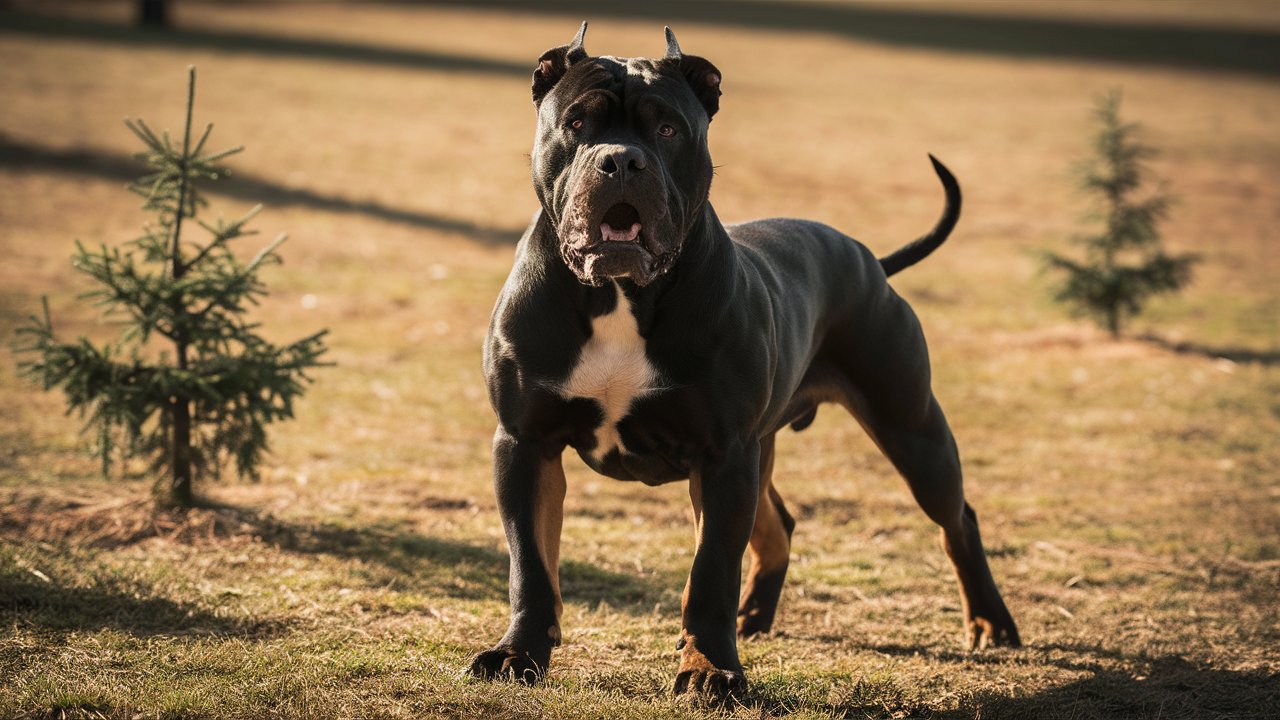
Cane Corsos are natural leaders, and it is crucial to establish yourself as the pack leader to maintain control and prevent behavioral issues. Leadership is not about dominance but about providing clear and consistent guidance, setting boundaries, and being a reliable source of support and protection.
Tips for Establishing Leadership:
- Be Confident: Project confidence and calmness in your interactions with your dog. Cane Corsos respond well to confident and assertive leadership.
- Set Boundaries: Establish clear rules and boundaries from the beginning. Consistently enforce these rules to avoid confusion and ensure your dog knows what is expected of them.
- Provide Structure: Create a structured routine for feeding, exercise, and training. Dogs thrive on routine and predictability.
- Positive Reinforcement: Use positive reinforcement to reward good behavior and reinforce your role as the provider of resources and support.
Exercise and Mental Stimulation: Keeping Your Cane Corso Happy and Healthy
Cane Corsos are active and energetic dogs that require regular exercise and mental stimulation to stay healthy and happy. Lack of physical and mental activity can lead to boredom, frustration, and destructive behavior.
Tips for Exercise and Mental Stimulation:
- Daily Exercise: Ensure your Cane Corso gets at least 60-90 minutes of exercise daily. This can include walks, runs, playtime, and training sessions.
- Interactive Toys: Provide interactive toys and puzzles that challenge your dog’s mind and keep them entertained.
- Training Games: Incorporate training games such as hide-and-seek, fetch, and obedience drills into your daily routine.
- Socialization: Continue to expose your Cane Corso to new experiences and environments to keep their mind engaged and prevent boredom.
Common Training Challenges and How to Overcome Them
Training a dog can come with its own set of challenges. Here are some common issues and tips to overcome them:
1. Stubbornness: This breeds can be stubborn at times. If you encounter resistance, remain patient and consistent. Break tasks into smaller steps and reward progress.
2. Aggression: If your Cane Corso shows signs of aggression, seek professional help immediately. Early intervention and proper training can address and manage aggressive behavior.
3. Separation Anxiety: This dog breed can be prone to separation anxiety. Gradually acclimate your dog to being alone for short periods, and provide plenty of mental and physical stimulation to keep them occupied.
4. Leash Pulling: Teach your Cane Corso to walk politely on a leash using positive reinforcement techniques. Stop walking if they pull and resume only when the leash is slack.
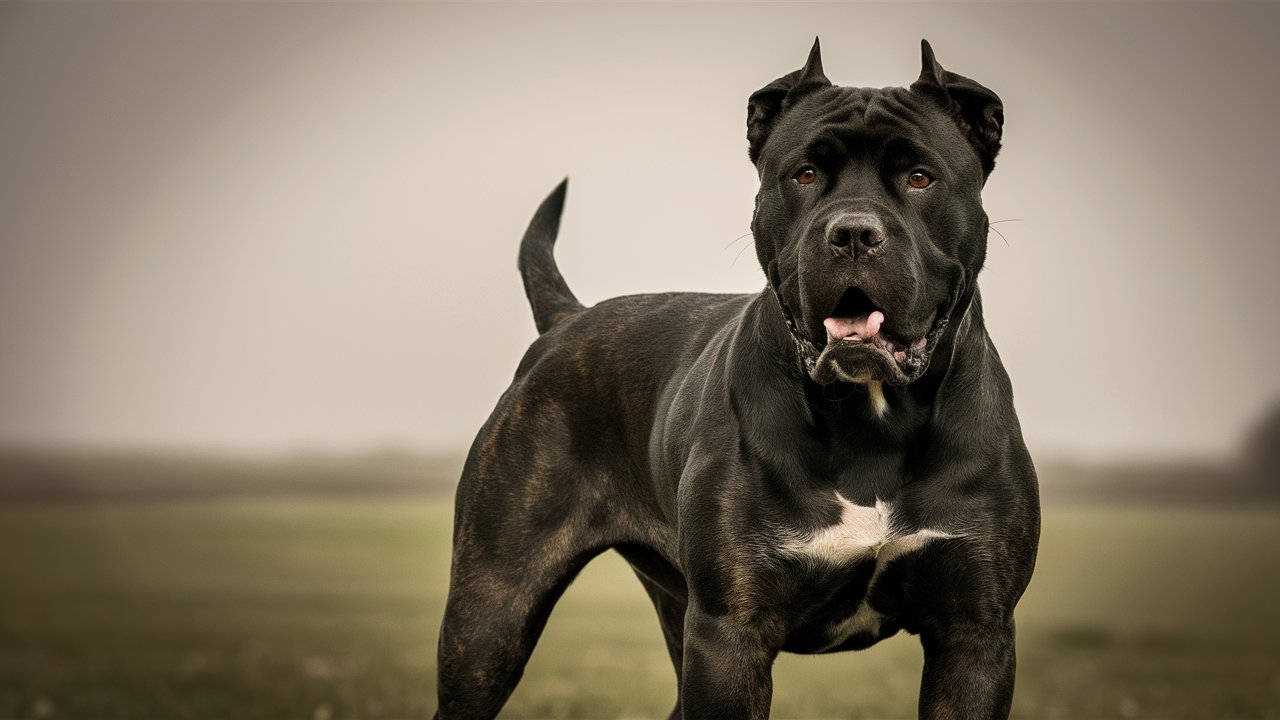
Conclusion: Raising a Confident and Loyal Protector
Training a Cane Corso requires dedication, patience, and a deep understanding of the breed’s unique characteristics. By focusing on early socialization, basic and advanced obedience training, establishing leadership, and providing regular exercise and mental stimulation, you can raise a confident and loyal protector who is a joy to have as a family member.
Personal Anecdote: Max, now a well-trained adult, is a testament to the power of consistent and positive training. He is a loving and loyal companion who is confident in various situations and a reliable protector of our home. The journey of training Max has been incredibly rewarding, and I hope these tips help you in raising your Cane Corso into the best version of themselves.
Remember, training is a lifelong process, and every dog is unique. Embrace the journey, celebrate the small victories, and enjoy the bond you build with your dog along the way


